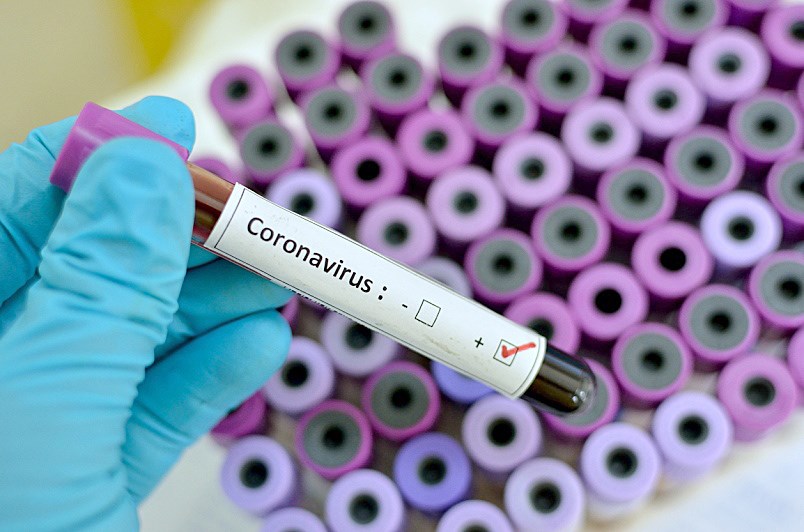The spread of COVID-19 around the world and the few new cases in Canada and B.C. have created an epidemic of anxiety.
Though I have not seen any suspected cases in my office, I have treated many patients with overwhelming anxiety related to the news.
Anxiety is an essential and valuable emotion. We are all here because our ancestors had a sufficient level of anxiety to survive.
If humans had no anxiety, we wouldn’t plan ahead and store food, recognize danger and run from predators.
Here are four things you need to know about anxiety.
1. Recognize when anxiety is a problem.
Excessive anxiety is too much of a good thing. Appropriate worry is helpful, but when your alarm sensitivity is set too low, you’ll be reacting to anxiety symptoms so much that you can’t get on with your day.
Excessive anxiety can hold us back from doing what we need to do, moving forward, reaching out and giving our best to the world. Social anxiety can prevent us meeting new people, expressing ourselves or performing at work or school. Generalized anxiety – worrying about many different things – can preoccupy our thoughts and prevent us from enjoying life itself. Panic attacks can produce disabling physical symptoms, such as a racing heart and shortness of breath.
2. Your thoughts matter.
According to the Cognitive Therapy model our emotions shade our thoughts and our thoughts can shape our emotions. When we are anxious, we underestimate our abilities and resources and overestimate danger and challenge.
Common cognitive or thought distortions with anxiety include overgeneralizing, catastrophic thinking (imagining the worst case scenario), black and white thinking (not seeing the shades of grey) and jumping to conclusions.
3. Recognize what you can control
We have to accept what we can’t control but recognize what we can. With respect to COVID-19, get the facts and don’t be stressed by rumours. Go straight to reliable sources of information including the latest from the BC Centre for Disease Control (bccdc.ca) and Health Canada, Vancouver Coastal Health (vch.ca) and Fraser Health (fraserhealth.ca).
Do what you can to reduce your risks and the spread of infections. This includes covering your mouth when you cough or sneeze and washing your hands. Avoid travel to high risk countries. Call your family doctor or 811, if you are worried about potential symptoms or exposure.
4. If you are struggling with anxiety, help is available.
Talk to your family physician or a counselor. Anxiety Canada is a non-profit organization with many free resources. You can also find helpful information from the Canadian Mental Health Association (cmha.bc.ca). For children and families, contact Cameray Child and Family Services (cameray.ca). For children, BC Children’s Hospital has the Kelty Mental Health Resource Centre (keltymentalhealth.ca). Burnaby residents can contact Burnaby Mental Health and Addiction Services at (604) 453-1900 or fraserhealth.ca.
As part of the Burnaby Division of Family Practice’s Empowering Patients public health education program, I’ll be presenting a workshop on Emotional Wellbeing at 7 p.m. on March 12 at the Brentwood Community Resource Centre (2055 Rosser Ave.). On March 31 is the Positive Potential of Your Relationships at the Bonsor Recreation Centre (6550 Bonsor Avenue). For more information, contact Leona at [email protected] or 604-259 4450.
Dr. Davidicus Wong is a family physician. For more on achieving your positive potential for health, read his blog at davidicuswong.wordpress.com.



